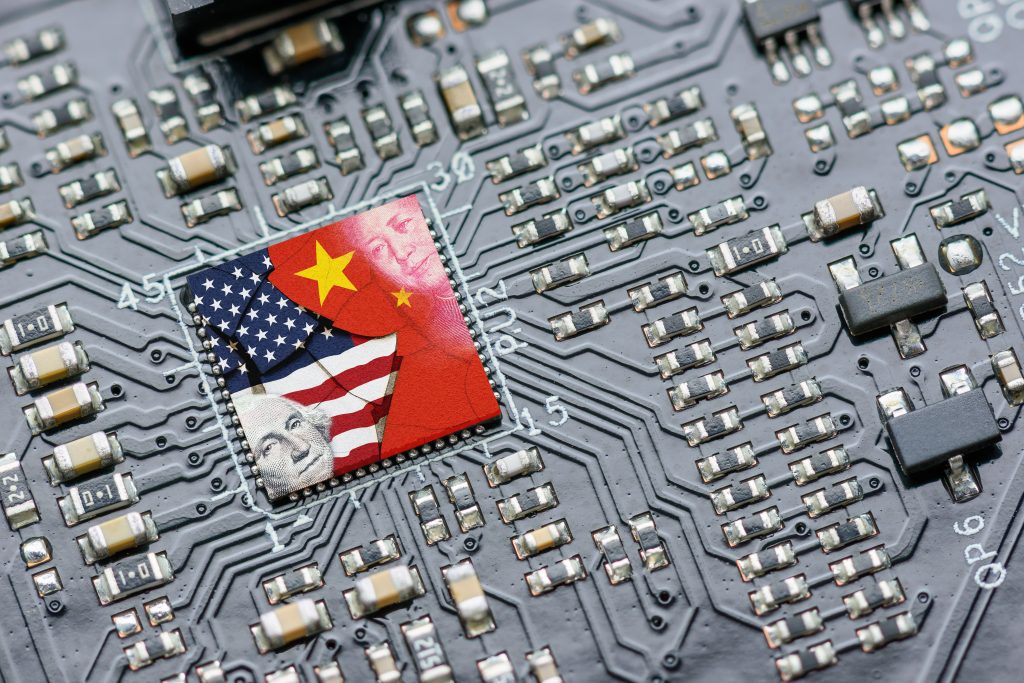China launches $40 Billion fund to boost semiconductor industry
China is revving up its semiconductor game. They’re launching a massive $40 billion investment fund to boost their chip industry, aiming to close the gap with global competitors, especially the U.S.

China intends to establish a state-backed investment fund with the aim of generating around $40 billion in funding to strengthen its semiconductor sector, aiming to narrow the gap with global rivals, particularly the United States. This initiative is poised to become the largest among the trio of funds overseen by the China Integrated Circuit Industry Investment Fund, commonly known as the Big Fund. The targeted sum of 300 billion yuan ($41 billion) exceeds the amounts raised by similar funds in 2014 and 2019. The primary emphasis of the investment will be on acquiring chip manufacturing equipment.
President Xi Jinping of China has stressed the critical significance of achieving semiconductor self-sufficiency, especially in response to export control measures imposed by the United States. The new fund received approval from Chinese authorities in recent months, with the finance ministry committing 60 billion yuan. The identities of other contributors remain confidential.
Throughout its history, the Big Fund has provided substantial support to major chip foundries like Semiconductor Manufacturing International Corporation and Hua Hong Semiconductor, along with smaller enterprises and funds. Despite previous investments, China’s chip industry has encountered challenges in establishing a prominent position within the global supply chain, particularly in the domain of advanced chips.
Why does this matter?
China’s significant investment in its semiconductor industry represents a strategic move with far-reaching consequences, encompassing economic, technological, and geopolitical dimensions. It signals China’s determination to become a major player in the semiconductor sector and reduce dependence on external sources, impacting both domestic and global landscapes. In light of export controls and national security concerns, China aims to achieve self-sufficiency in semiconductor production. Semiconductors are fundamental to almost all modern technology, from smartphones to advanced defence systems. This initiative aligns with President Xi Jinping’s long-term strategy to secure critical technology infrastructure. Furthermore, China’s investments in chip manufacturing equipment can impact the global semiconductor supply chain. It may lead to changes in supply dynamics, affecting various industries worldwide.
